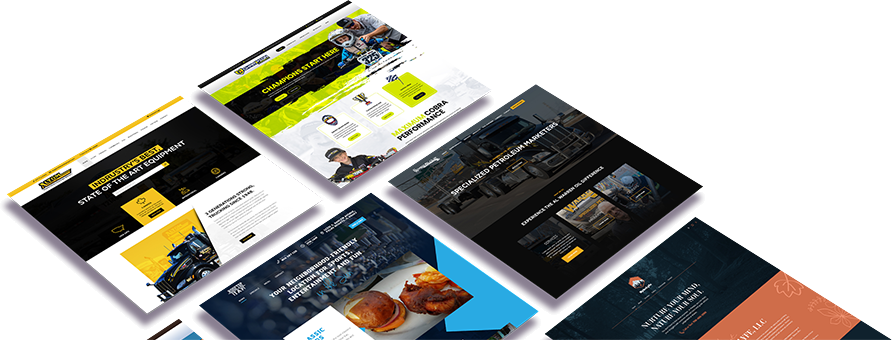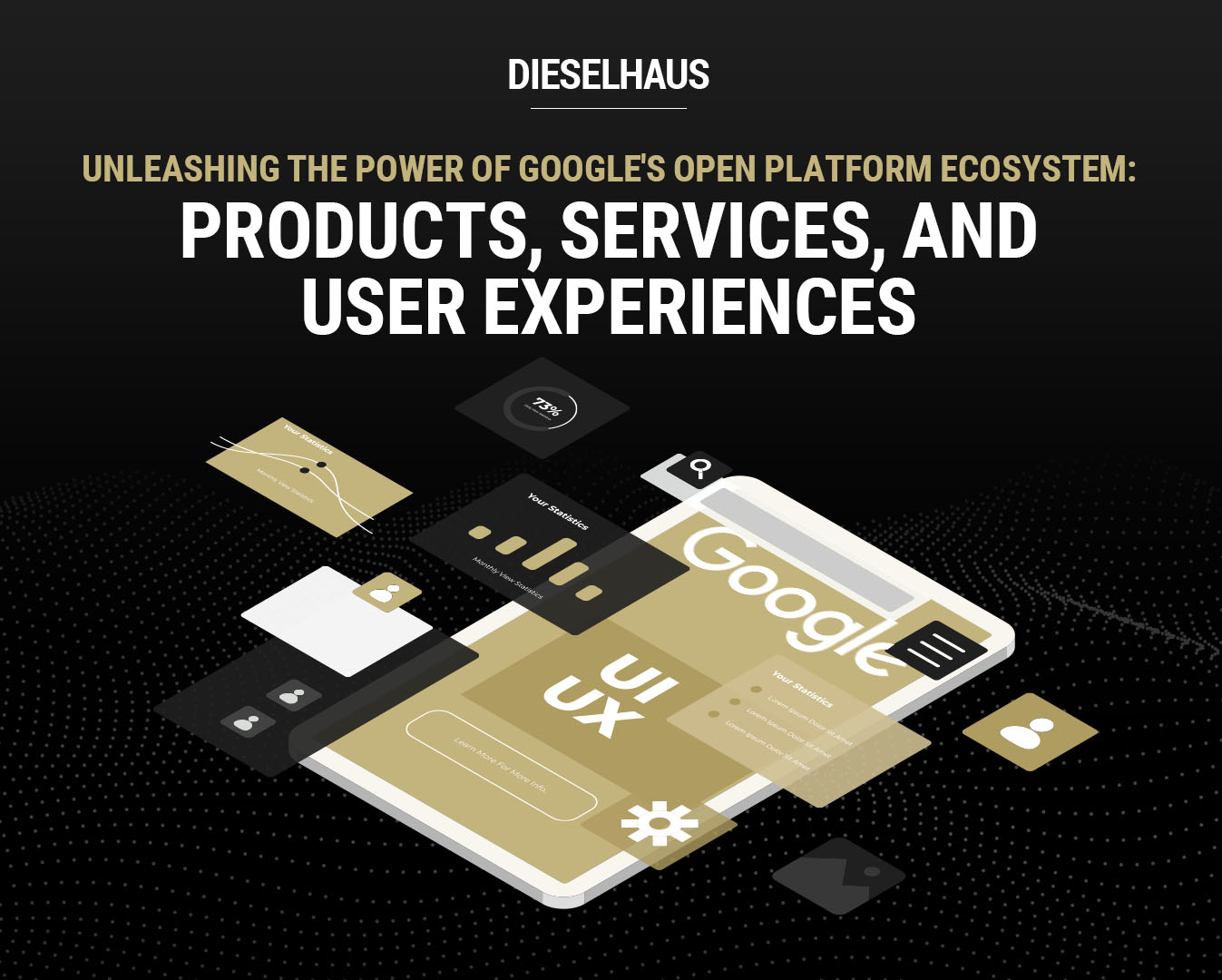
Google, a name synonymous with innovation and technology, has built a vast ecosystem of products, services, and user experiences that have transformed the way we live, work, and interact with information. This ecosystem, known as the Google Open Platform, encompasses a wide range of offerings designed to empower developers, businesses, and users alike. In this article, we will explore the key components of Google’s Open Platform ecosystem and delve into the ways it has revolutionized the digital landscape.
An Overview of Google’s Open Platform
At its core, Google’s Open Platform is an expansive network of interconnected products, services, and APIs (Application Programming Interfaces) that enable seamless integration, collaboration, and customization. This ecosystem provides developers and businesses with the tools and resources they need to create innovative applications and services that leverage the power of Google’s technology stack.
Key Components of Google’s Open Platform Ecosystem
Android: The Foundation of Mobility
Android, the world’s most widely-used mobile operating system, is a fundamental pillar of Google’s Open Platform ecosystem. It offers an open-source platform that empowers developers to create applications for a vast array of devices, including smartphones, tablets, wearables, and smart TVs. The Android ecosystem provides developers with extensive APIs and libraries, enabling them to build rich, immersive, and customizable experiences for users.
Google Cloud Platform: Scalable and Flexible Computing
Google Cloud Platform (GCP) provides a suite of cloud computing services that enable businesses to leverage Google’s vast infrastructure to build, deploy, and scale applications and services. GCP offers a comprehensive set of tools, including computing power, storage, databases, machine learning, and data analytics capabilities, empowering developers to build and deploy highly scalable and reliable applications.
Google Workspace: Collaboration and Productivity
Formerly known as G Suite, Google Workspace is a collection of cloud-based productivity tools designed to enhance collaboration, communication, and productivity within organizations. It includes popular applications like Gmail, Google Drive, Google Docs, Sheets, Slides, and Meet, which enable real-time collaboration, seamless file sharing, and efficient communication. Google Workspace fosters teamwork and productivity, empowering businesses to work smarter and more efficiently.
Google Maps Platform: Mapping and Location Services
Google Maps Platform offers developers a robust set of APIs and tools to integrate powerful mapping and location-based services into their applications. Developers can leverage Google Maps APIs to display maps, search for places, calculate directions, and incorporate geolocation features. The platform also provides advanced capabilities such as geocoding, street view, and satellite imagery, allowing developers to create immersive and personalized user experiences.
Google Ads: Digital Advertising Solutions
Google Ads is a comprehensive advertising platform that enables businesses to reach their target audience through various channels, including search ads, display ads, video ads, and app ads. With powerful targeting options, analytics, and optimization tools, Google Ads empowers businesses to create effective advertising campaigns that maximize their reach, engagement, and return on investment.
Google Assistant: Voice-Activated AI
Google Assistant, a voice-activated virtual assistant, is an integral part of Google’s Open Platform ecosystem. Available on various devices, including smartphones, smart speakers, and smart displays, Google Assistant enables users to interact with technology using natural language commands. Developers can integrate Google Assistant into their applications and devices, enabling users to perform tasks, get information, and control connected devices through voice commands.
Google Play: App Distribution and Monetization
Google Play is Google’s official app store for Android devices. It provides developers with a platform to distribute their applications to millions of Android users worldwide. Developers can monetize their apps through various means, including paid downloads, in-app purchases, and advertising. Google Play’s vast reach and user base offer developers significant opportunities to showcase and monetize their creations.
TensorFlow: Powering Machine Learning
TensorFlow, an open-source machine learning framework developed by Google, plays a vital role in Google’s Open Platform ecosystem. It provides developers with a robust set of tools and libraries for building and deploying machine learning models across various domains. TensorFlow enables developers to leverage the power of artificial intelligence and deep learning to solve complex problems and create intelligent applications.
Conclusion
Google’s Open Platform ecosystem comprises a diverse range of products, services, and user experiences that have revolutionized the digital landscape. From Android’s widespread adoption to the scalability of Google Cloud Platform, the collaboration power of Google Workspace, the mapping capabilities of Google Maps Platform, and the reach of Google Ads and Google Play, each component brings unique value to developers, businesses, and end-users. As Google continues to innovate and expand its Open Platform ecosystem, we can expect even more exciting developments that push the boundaries of what is possible in the world of technology.
Get Started
